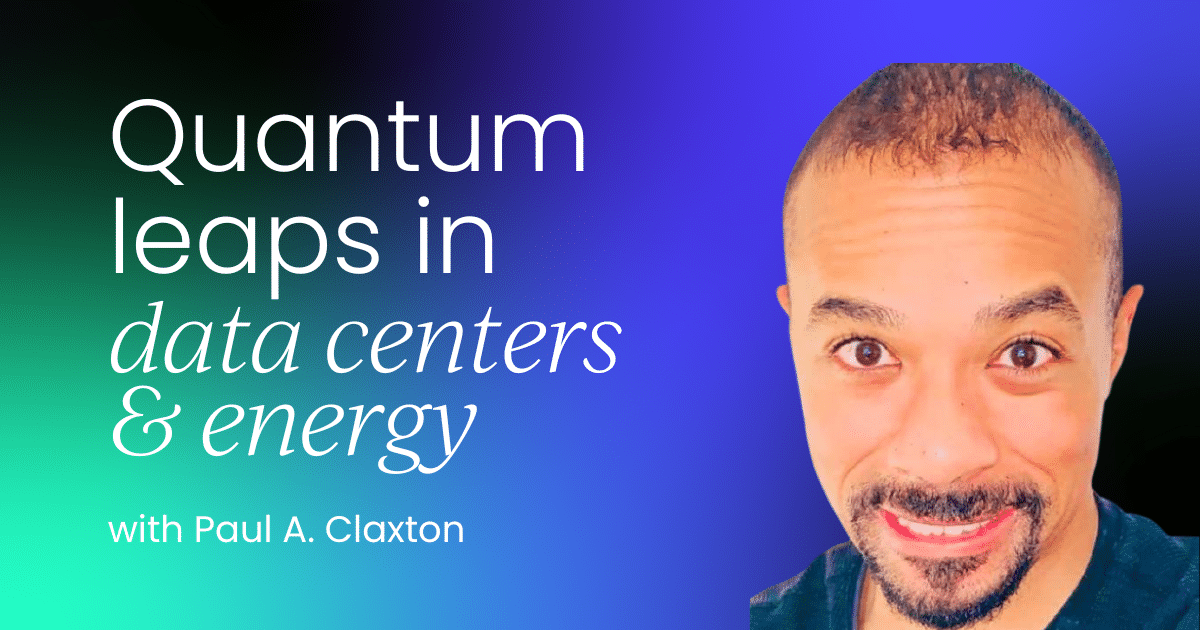Here’s the translation to American English:
In a context of constant transformation, quantum computing stands out as a revolutionary tool that could change the technological landscape and artificial intelligence. This innovative technology promises to solve complex problems in a time frame that could mean millennia for current supercomputers. However, its advancement requires a considerable investment in research and development. In the race for quantum supremacy, nations and companies must not spare resources; otherwise, they may face critical setbacks.
Bill Gates has pointed out that, despite increasing automation, certain industries, such as energy, will continue to demand human intervention. The complexities and constant regulatory changes in this sector highlight the importance of maintaining human expertise in key decisions. This creates a scenario where some sectors may resist the invasion of artificial intelligence, suggesting a balance between technology and human oversight.
In this context, reevaluating our energy infrastructures and data centers becomes essential. As digitalization intensifies and the demand for advanced computational solutions increases, electrical infrastructure must adapt to ensure a stable and efficient supply. The debate between nuclear and solar energy gains traction in this new technological era. Both sources have unique attributes that fit emerging needs, where solar energy, with its growing accessibility, and nuclear energy, with its consistency and low emissions, could coexist to form a robust hybrid system.
Innovations in fourth-generation nuclear plants, promising improvements in safety and efficiency, could be key to meeting the energy demands of future quantum data centers. Meanwhile, solar energy, which continues to increase in efficiency and decrease in cost, could complement nuclear energy, thereby forming a viable solution that addresses current demands.
Imagining a future where data centers resemble a network of gas stations, with immediate and universal access, opens up the possibility of strengthening the digital economy. To achieve this, it is crucial for decision-makers in governments and industries not only to listen to predictions but also to act effectively.
Interoperability between energy systems and data centers will be fundamental for efficiently integrating artificial intelligence and quantum computing into our lives, transforming our future into a scenario where not only progress is promised, but action is taken based on the urgent needs of a new energy and technological paradigm.
Referrer: MiMub in Spanish










